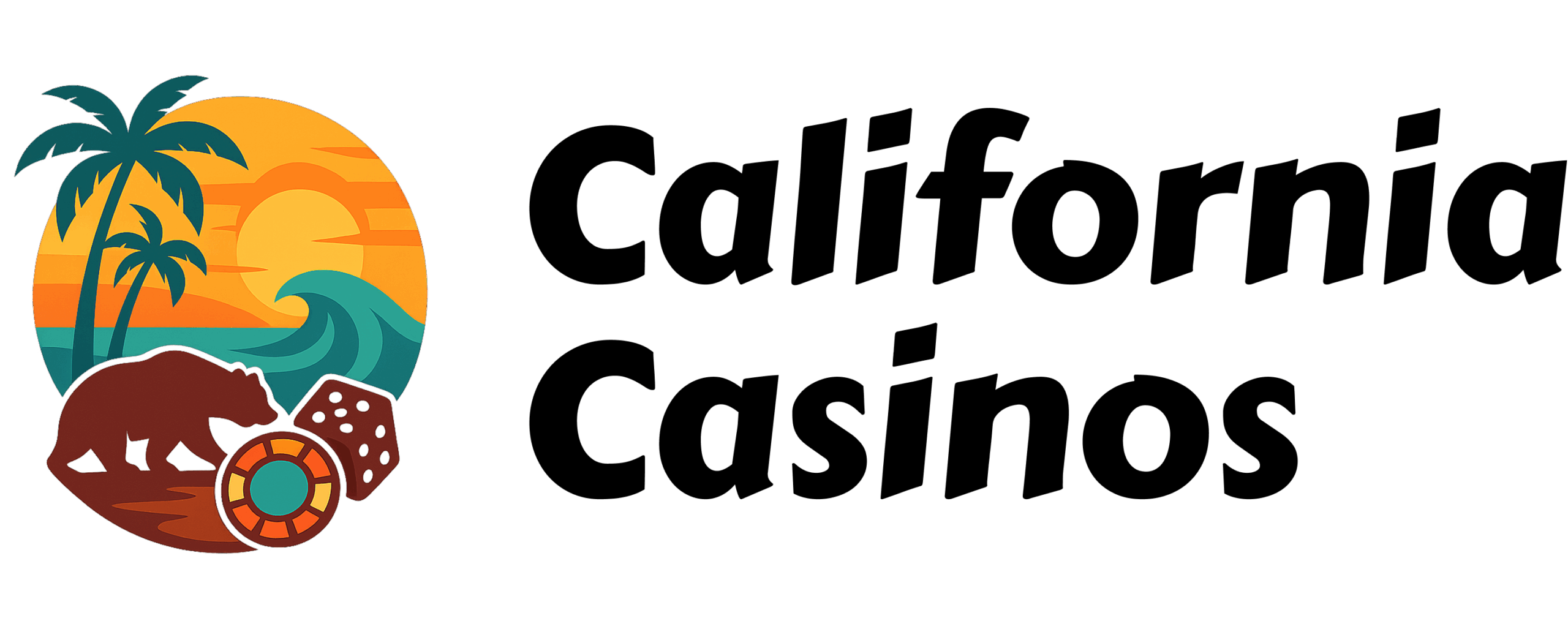The unions have total control of the legislature and the Governors office. That is not enough. They are forcing decent people to choose between honest work or paying bribes to be allowed to work—and that is not enough. Now they want to stop all but the unions from being allowed to provide initiatives for the ballot.
It is a simple process. Mandate that non paid volunteers must collect 20% of the signatures. But, if a union is involved, they can pay the workers—no volunteers needed. This is the height of union/government corruption. If passed, California would be the most corrupt government in the area—Cuba would be it rival for corruption.
“And while AB 857 makes life more difficult for paid circulators, it makes things much easier for unions. Signatures collected by members of unions would count toward the 20 percent mandate, even if they are solicited via direct mail. The bill also repeals a requirement under existing law that circulators must be registered, or qualified, to vote in California, leaving the door open for unions to bus in circulators from other states.”

Unions seek to rig initiative process — again
By U-T San Diego Editorial Board, 7/9/13
State labor unions are once again trying to twist California’s century-old initiative process to work in their favor by going after paid signature collectors.
They’re backing AB 857, which would require at least 20 percent of signatures needed to qualify an initiative for the state ballot to be collected by unpaid individuals. Professional petition firms must register with the secretary of state and comply with all sorts of new regulations, while their petitions must be of a different color and carry a disclaimer.
The bill — which sailed through the Assembly and on July 2 was approved by the Senate Committee on Elections and Constitutional Amendments, which sent it on to the Committee on Appropriations for an Aug. 12 hearing – is a pretend reform. Assemblyman Paul Fong, D-Cupertino, the bill’s author, maintains that because of paid petition circulations, the state’s initiative process — born in 1911, when California amended its constitution to allow voters to directly pass laws — “has become one of the favorite tools of well-financed special interest groups.”
Don’t be deceived. The state’s biggest “special interest groups” are the powerful public employee unions, which routinely rally their own troops on behalf of legislation they like. As a result, they don’t need to rely as heavily on paid signature collectors as other, smaller organizations trying to place a measure before voters. And while AB 857 makes life more difficult for paid circulators, it makes things much easier for unions. Signatures collected by members of unions would count toward the 20 percent mandate, even if they are solicited via direct mail. The bill also repeals a requirement under existing law that circulators must be registered, or qualified, to vote in California, leaving the door open for unions to bus in circulators from other states.
David Wolf, legislative director with the Howard Jarvis Taxpayers Association (HJTA), said in an email that unions “recognize, in a two-thirds legislative supermajority world, that the initiative process represents the last ‘check’ on their power [and] will do anything to water down [its] influence.” He calls the 20 percent threshold “a big deal” and said for the HJTA, ”having to collect roughly 250,000 grass roots signatures … [would] be incredibly difficult.”
The bill’s co-sponsors are the California Labor Federation and the California Professional Firefighters — while the list of supporters includes the California Teamsters Public Affairs Council; the International Longshore & Warehouse Union; and the California School Employees Association, AFL-CIO.
This isn’t the first time big labor has tried to mess with paid petition circulators. Unions have run radio ads warning that signing petitions can lead to identity theft and fraud. Two years ago, Gov. Jerry Brown vetoed Senate Bill 168, which would have made it illegal to pay people to circulate petitions or even offer them an incentive based on the number of signatures they gather.
Here’s hoping that AB 857 doesn’t even make it to the governor’s desk — and if it does, that it meets the same fate as SB 168.







